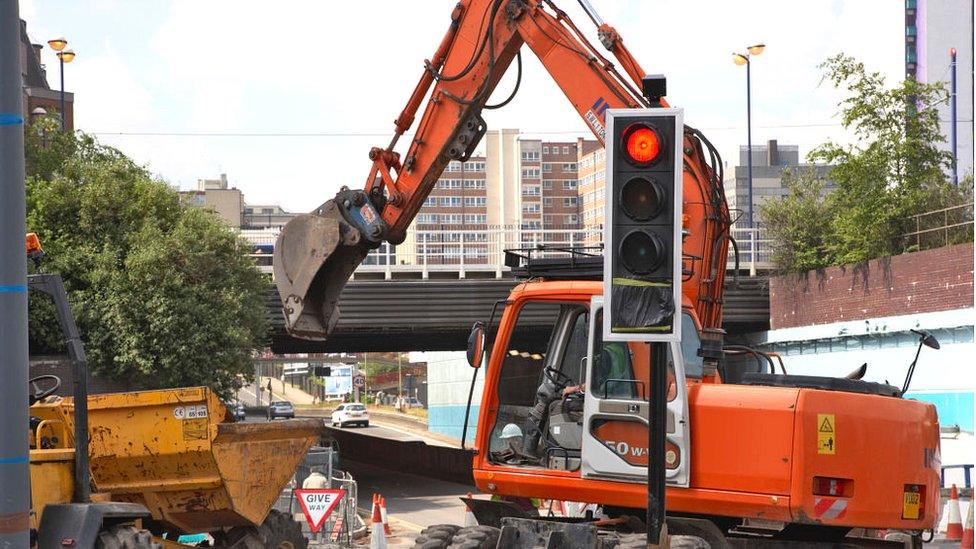What does it mean to declare a nature emergency?
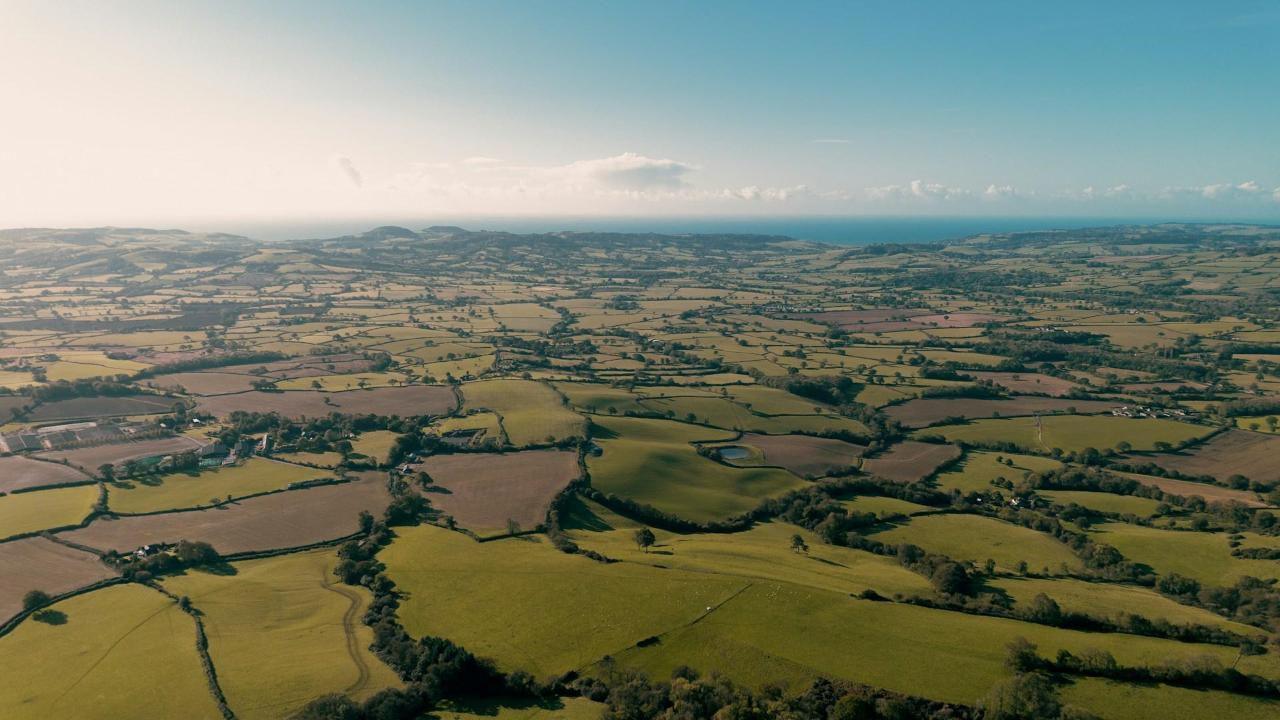
Dorset Council is developing a Nature Recovery Strategy
- Published
A nature emergency has been declared in Dorset following a vote by the new Liberal Democrat-led council.
But what impact will it have on Dorset residents and the county's landscape?
In short, it means the council commits to considering nature recovery in its decision-making.
Work to develop a nature recovery strategy, external, in partnership with neighbouring BCP Council, is also under way.
Dorset Council leader Nick Ireland, who proposed the motion, said: "We are committing to do more - to embed nature's recovery in everything we do."
The declaration, agreed by councillors last week, pledged to improve biodiversity on Dorset Council land, including farms, verges and country parks, by planting trees and hedgerows, and encourage community orchards and the establishment of allotments.
It also pledged to reduce pressure on wildlife by creating wildlife corridors, and to work with landowners and parish councils to increase tree cover and "green our streets".
It did not include an outright ban on glyphosates but an amendment was passed to reduce use of the controversial weed killer.
Conservative opposition councillor Louie O'Leary described the declaration as a "gimmick", but Dorset Wildlife Trust (DWT) said it was a "bold commitment to action".
DWT chief executive Brian Bleese said: "One in 40 species previously recorded in Dorset are no longer present - 2.5% of our species locally extinct, including nearly 20 species of bee.
"Action is needed now."
The nature recovery strategy encompasses issues such as flood protection, water quality, healthy and sustainable food, climate change and access to nature-rich green spaces.
Mr Bleese added: "An environment that is rich in nature is also good for people. The more people can engage with nature, the more enriched their lives will become.
"Success to us means a wilder Dorset. That could mean nature reserves but also working with farmers, landowners, right down to people's gardens and corridors through urban developments that will make them porous to nature."
Follow BBC South on Facebook, external, Twitter, external, or Instagram, external. Send your story ideas to south.newsonline@bbc.co.uk, external.
Related topics
- Published20 July 2024
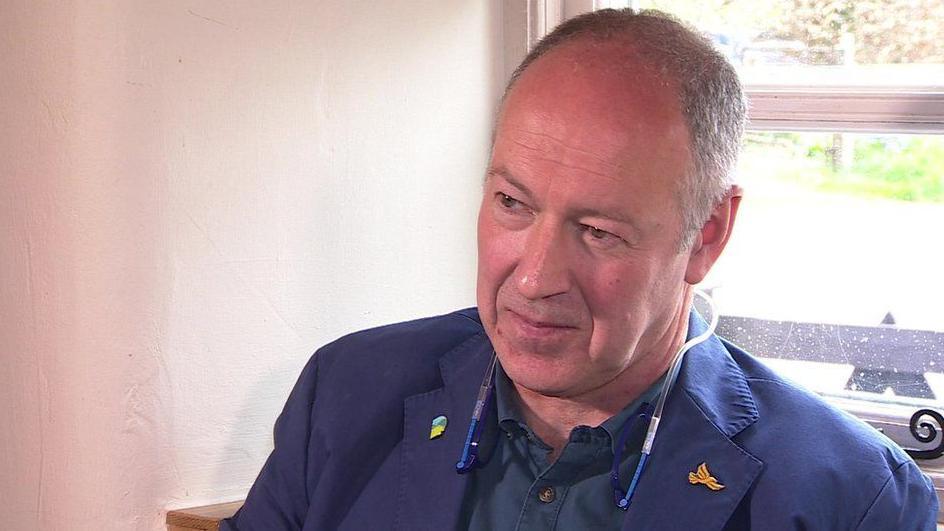
- Published18 July 2024
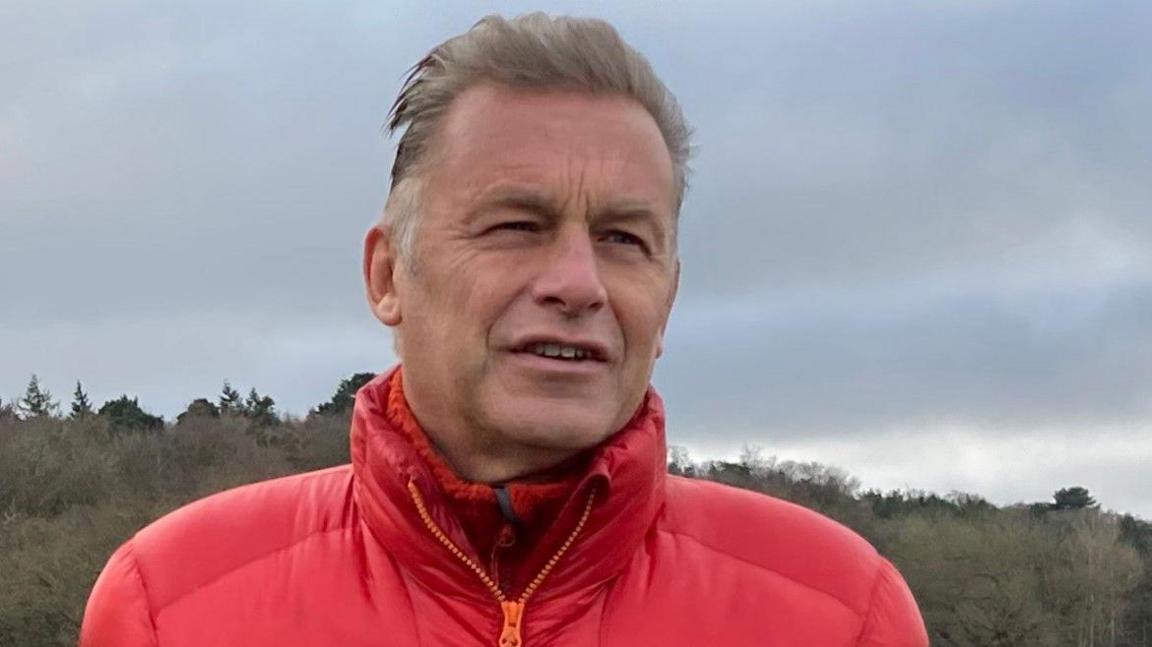
- Published10 May 2024
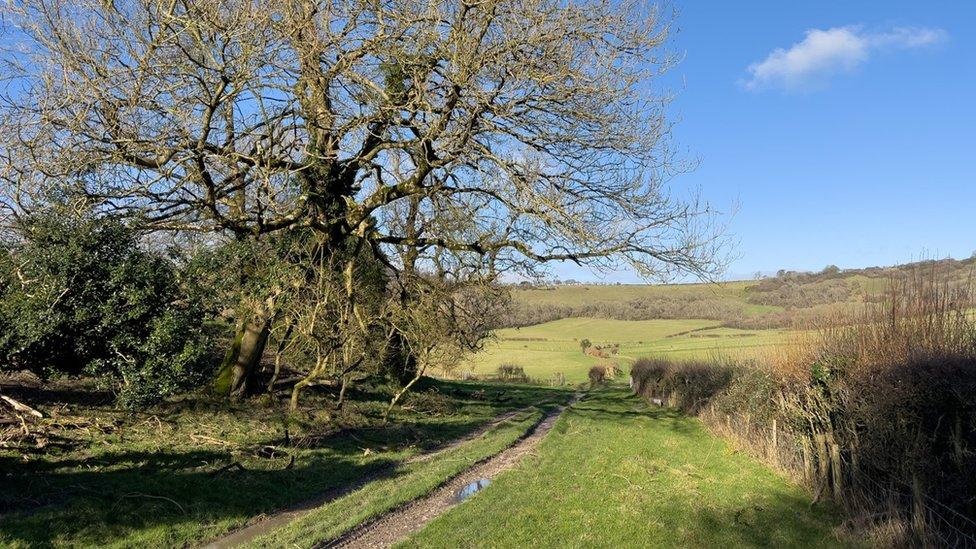
- Published13 August 2021
